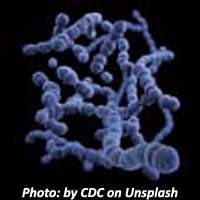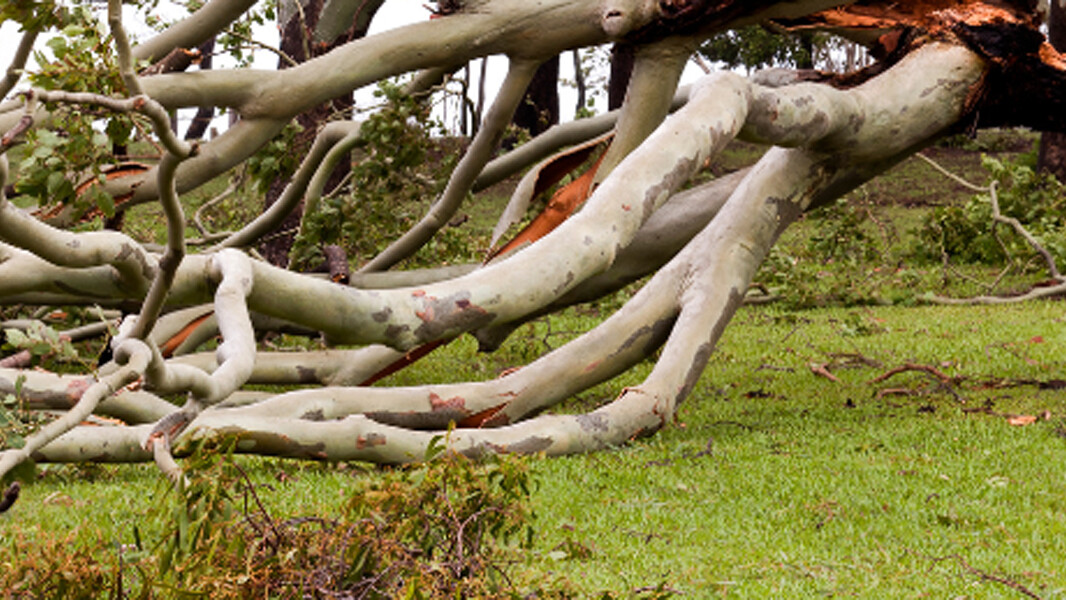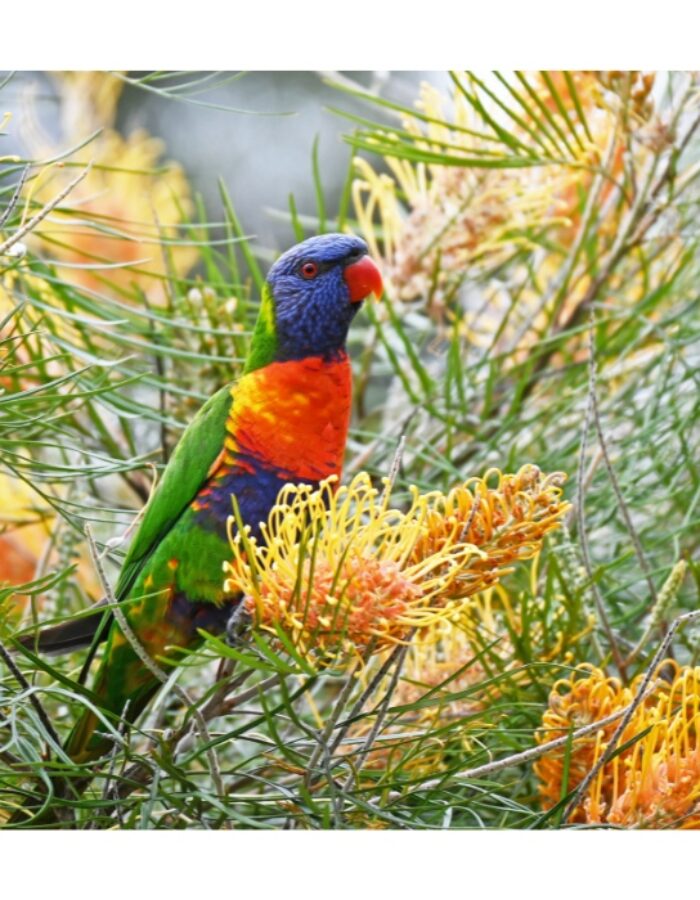Gloves, socks and sometimes masks are very important in preventing disease obtained by gardening – the last thing you want, especially with the coronavirus around. Since, currently, people are becoming more interested in gardening – both to grow food and to do general tidying up and planting because of increased time at home while social distancing, we really need to be protecting ourselves by wearing the right clothes!
We mostly think that it is only snakes or stinging insects, like bees and wasps, that might harm us, but we need to protect ourselves from microorganisms too. While most of them in the soil are beneficial, working to break down organic matter to supply nutrients for plants and to clean up debris, there are some which are not so kind to humans.
We don’t want to frighten you, but to let you know how to be safer in the garden.
How Fungi can Cause Problems While Gardening
Have you seen clouds of very fine particles when you turn your compost heap? These are probably spores of fungi and some may cause health issues. For example, Aspergillus fumigatus abounds in compost and can cause lung infections in people whose health is compromised, usually when they have some respiratory problems such as asthma or lung scarring from exposure to asbestos or silica or have a history of heavy smoking.
There are many other fungi in compost or soil which can cause disease in humans – most primarily affect our respiratory systems, but some can spread to other parts of the body.
Another fungus Sporothrix schencki, however, can enter the body through cuts, thorn or splinter damage and affects healthy people. Sometimes called Rose Gardener’s Disease, infection results about 3 months later in a bump on the skin which can spread and lead to an open sore. Although relatively rare, there was an outbreak in 2014 in the Northern Territory.
What Bacteria an Do
A range of different bacteria from soil or plants can enter our bodies to cause disease.  The most common diseases that they may cause are:
The most common diseases that they may cause are:
Septicaemia (sepsis)
This can result from certain bacteria commonly found in manures such as Campylobacter jejuni, Escherichia coli, Listeria monocytogenes and Salmonella. They can enter the blood stream via cuts and wounds and may multiply sufficiently to provoke our bodies to mount an immune response to fight them off leading to septic shock which may lead to death.
Melioidosis
The causative bacteria Burkholderia pseudomallei may enter via the skin, the mouth or the respiratory system. It may cause septicaemia or abscesses on the skin, lungs or other soft tissues. These bacteria are more common in tropical climates and may be on the soil surface or in puddles. Over 50 infections occurred in the Northern Territory in 2012 with 3 associated deaths. In such conditions, socks and gloves probably do not provide enough protection – try gum boots as well!
Legionnaire’s Disease
One species of Legionnella causes pneumonia or flu-like illnesses when inhaled in water droplets from poorly maintained air-conditioning systems. However a related species Legionella longbeachae does not require water droplets and can be found in potting mixes and other soil products such as composts.
Tetanus
We are familiar with tetanus caused by Clostridium tetani because we are usually vaccinated against it. Disease may be acquired from soil and manures. If we are not vaccinated, infection may result in stiffness, weakness, cramps and paralysis making it difficult to chew or swallow. So unless vaccinated, we need to take extreme care in the garden.
What is the Risk
Our health can be affected by a number of other species of bacteria and fungi. However, people most at risk are those whose immune systems are compromised in some way e.g. by undergoing therapy for cancer, by infections such as influenza, by inadequate diet or by smoking.
But it is wise for all of us to take precautions. Bags of commercial compost and manure have warnings about avoiding contact with eyes or skin or breathing in the dusts, instructing users to wash hands etc. But how many of us take notice? Probably even fewer think about protection when in contact with garden soil while planting seedlings.
So put on those gloves, socks and strong boots or gum boots! And wear a mask when handling bags of soil, potting mix, composts or manures! Be safe!
Related Articles:
Why Living Trees Suddenly Fall Down
It is quite common that in winter or after big storms we wonder why living trees suddenly fall down. In June 2021 in Victoria, savage storms swept…
Weed Control
Several different approaches are needed for weed control since eradication is difficult and can be expensive. Preventing weeds from establishing and…




